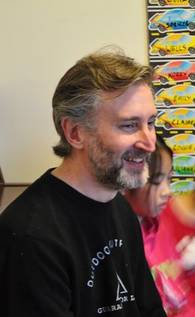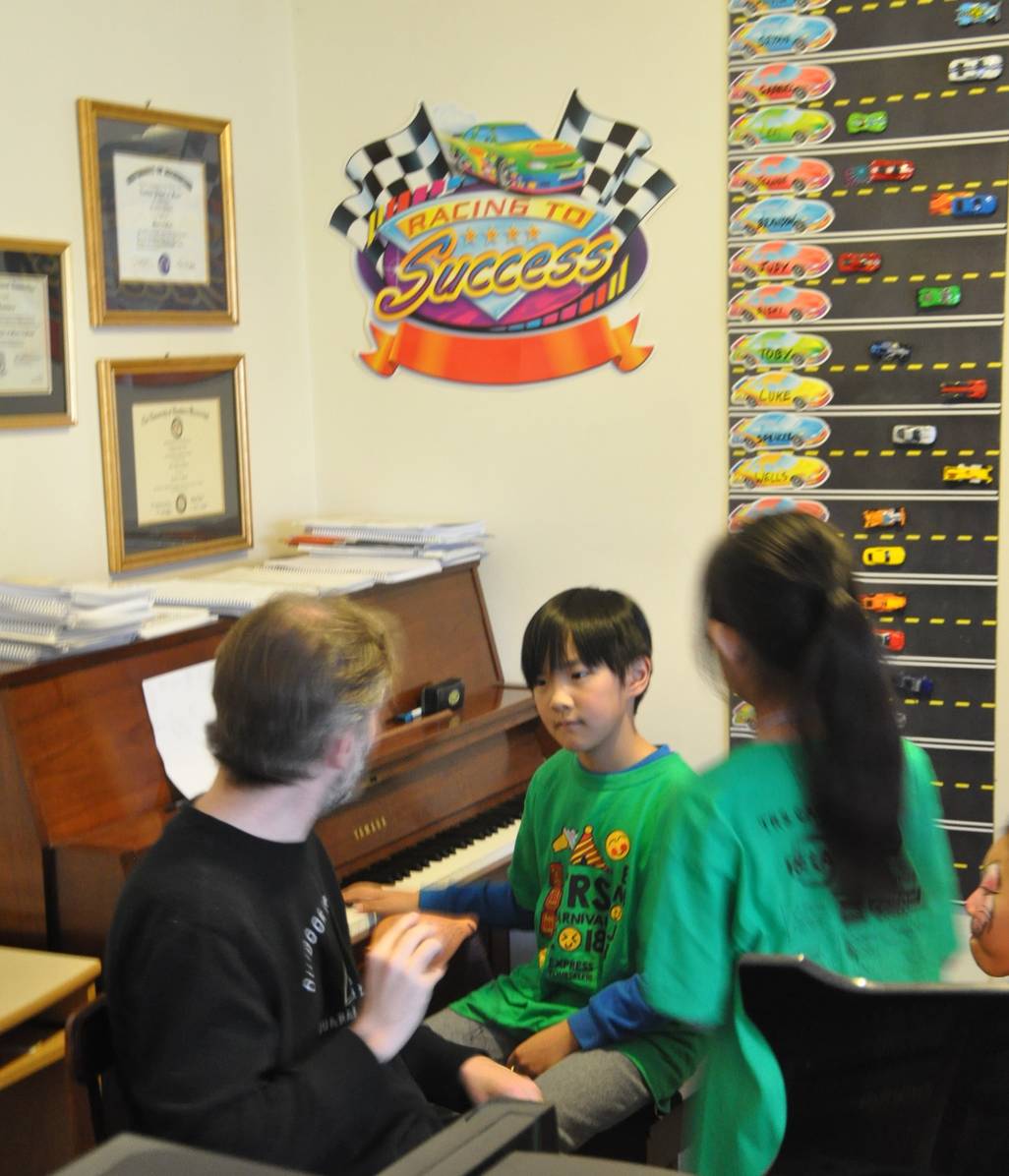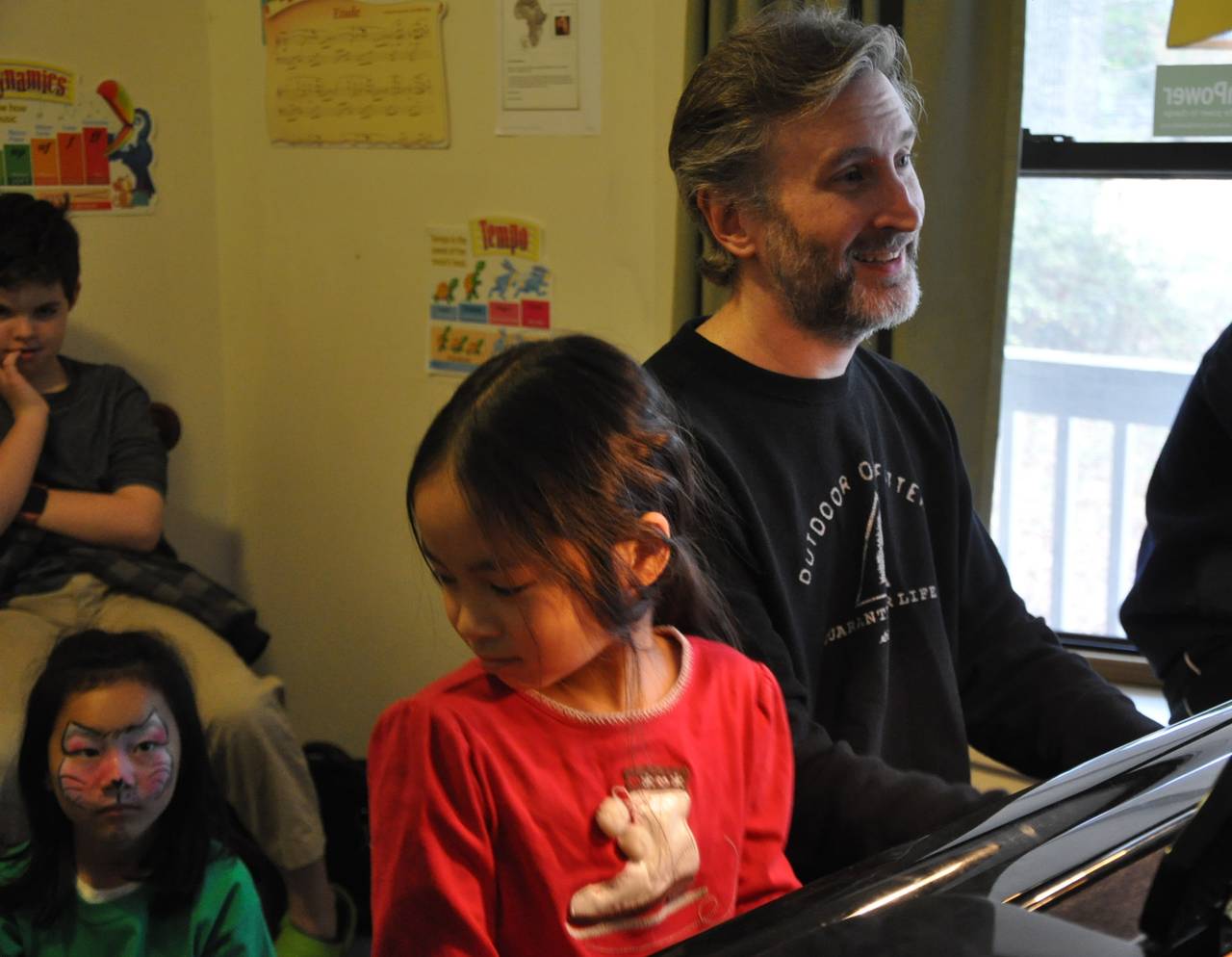When you learn a new language, do you begin the process by thinking about how you make sounds with your mouth? Of course not. First you listen to the sound of the language and then you start developing a vocabulary to use. There are many piano teachers who will help you to make sounds at the piano. Maybe even impressive sounds. But you are capable of much more. I’ve received specialized training through the Gordon Institute of Music Learning to help you audiate, or think, music. You’ll still learn to read and play impressive music. But you will be so much more fulfilled because you’ll have an understanding of the music you’re making instead of just knowing how to push the right buttons. And you’ll be able to create and improvise music of your own.
Click here to see what we’re currently offering.




